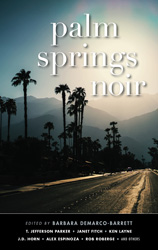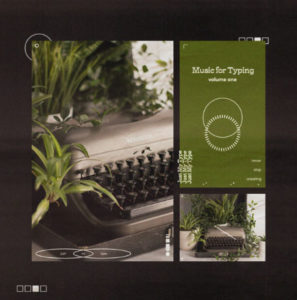“Looking In”

This was pubbed in December in Orange Coast magazine.
Essays sometimes take a long time in coming. I started this piece many, many times over the years. Last year when I approached the topic again, it was time.
My students (and friends) often become frustrated when they write an essay, work on it, submit it and it’s rejected. I can empathize. I hate rejection, and moreover, I hate it when I think a piece is ready, when I think I’ve worked on it all I can, and the editor either ignores it, and me, or sends a form rejection or a patronizing note that says he/she knows it will find a home somewhere. Just not there.
I don’t know what to say. Sometimes editors are idiots (I’m an editor, so I can say that). And sometimes your piece just isn’t ready. You don’t know it at the time, or else why would you send it out?
Sometimes we are just so anxious to see our work in print. That anxiety can compel us to send something out before it’s time.
But if an idea harasses you, won’t leave you be, that’s a good sign that you’re not done with it and should work on it until you either place it or you become so sick of it you put each draft through the shredder.
The essay posted here was one that wouldn’t leave me alone. It seems every year since the peeper came by my house, I tried to write the piece. After I wrote the current version and was going through old papers, I found drafts. Horrible drafts. Embarrassing drafts. But drafts nonetheless. I was compelled to write it and the draft had some good elements, but it wasn’t ready.
And then, of course, not everyone will be happy. Some people will be very, very unhappy with you and your work. And that’s regrettable and sad, but it should never stop you from writing and publishing something you’re called to write and publish.
So much of writing and publishing is encompassed in persevering. No one is born a published writer.
I’m working on an essay now that I’ve brought out over the past few years and have worked on off and on. There’s no telling whether it will ever see print. But I want to continue to want to work on it, and that’s enough for me. I’ve learned to pay attention to those ideas and works in progress that bug me, that won’t leave me be.




 Support Indie bookshops and this site by purchasing books through my BookShop
Support Indie bookshops and this site by purchasing books through my BookShop
